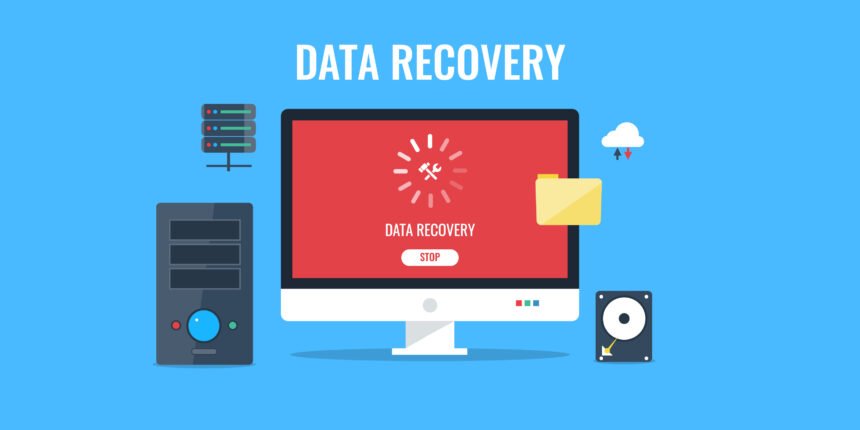The global big data market is growing at an unprecedented pace. One study from Wikibon showed that the market is growing at a rate of 10.48% a year. As the value of the big data market continues to grow, organizational dependence on it will solidify as well. This only becomes a problem when data servers become inaccessible or data is unintentionally or deliberately destroyed. Enter the data recovery industry.
Big Data Increases The Need For Data Recovery & Data Backups
Big data is playing an increasingly important role in virtually every aspect of our lives. It is incorporated into the business models of virtually every industry from healthcare to manufacturing to residential construction services. Since big data continues to play an integral role in so many aspects of our lives, organizations could face serious setbacks if anything happened to the data that fuels their operations.
This has increased the need for data reliability. Organizations realize the crippling effect that data loss can have on their operations, which wasn’t nearly as severe just 10 years ago. This has significantly increased the need for dependable data recovery and backup services. According to Recovered, an Australian based data recovery service specializing in restoring and recovering data from failed hard drives and servers, whilst data can be recovered 9 times out of 10, you would never want to solely rely on having just one copy of your important information.
Big Data Is Improving The Effectiveness Of Data Recovery Services
The relationship between the proliferation of big data and evolution of data recovery and backup services is two-tiered. While the growth of big data increases the need for backing up data securely, it also provides new approaches that have been proven to be very effective. The deployment of new Hadoop-based disk image data recovery solutions has been especially important.
Big data has made it easier for software development companies to create more effective data recovery and backup solutions. Many of the best tools on the market depend on solutions that were only made possible with Cassandra and Hadoop based technology. These technologies can be classified as “scale out” solutions. Their primary benefit is flexibility. One such example is Mac Data Recovery. You can recover deleted files from Mac.
Big data is also helping with data backup and recovery solutions in a more ironic way. It is making it easier to protect its own growth. A number of predictive analytics solutions are being developed to help forecast the growth of big data.
These algorithms can be industry specific. They may notice that the volume of big data is growing faster in some sectors than others. This helps organizations in those industries determine the storage space they need for future data.
Consequently, it also makes it easier for them to determining the storage space they need to back up future data. This is particularly important, because they can’t rely on servers that are barely capable of backing up their existing data sets. As data continues to grow exponentially, they need to make sure that their backup servers will be capable of handling the necessary quantities of data for years to come.
Most organizations are starting to realize that platform provided mechanisms are not nearly adequate for backing up and recovering data. Snapshots and replicas are still being used for these purposes. Countless organizations have discovered that they are not up to the job.
They also discovering that remote disaster recovery copies of data are not sufficient either. This is one of the myths that Jay Desei, Vice President of Taluka, pointed out in a recent post. While it is still important to have this data in the event of an emergency, such as a fire earthquake, depending solely on them can create problems. Data is only periodically updated. It takes time to propagate it to a back up server. This is why it is important not to become too reliant on remote servers.

